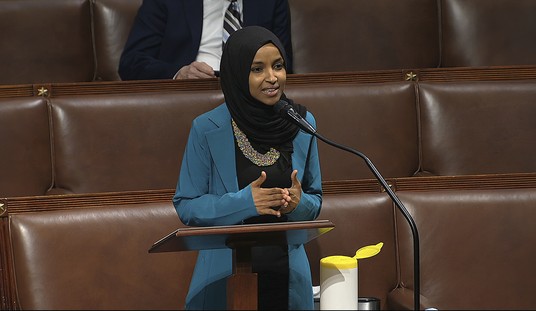In the continuing drumroll of penalties for American sanctions violators under the UN’s 1996-2003 Oil-for-Food Program, Chevron Corp. agreed last week to pay $30 million to settle charges related to illicit kickbacks on Iraqi oil deals. This comes as the latest news in a federal investigation into Oil-for-Food which according to the U.S. Attorney’s Office of the Southern District of New York has so far produced guilty pleas by six individuals and two entities, plus one jury trial conviction, plus agreements reached with the Southern District by two entities (including Chevron). At least five more cases are pending (including that of Kofi Annan’s handpicked former director of Oil-for-Food, Benon Sevan, indicted in the U.S. in January, who says he is innocent, and has been living as a fugitive from U.S. law, on Cyprus). This federal investigation has also produced more than $47.5 million in forfeitures to date, which the Southern District Attorney’s Office has said it will seek to return to the people of Iraq.
So far, so good. Justice is being served. But these are all cases involving people (and entities) who in their unwisdom became involved in UN sanctions busting while operating in the U.S. What about the sanctions busters spread around the rest of the planet, who according to the UN’s own reports on Oil-for-Food shared in Saddam’s graft schemes involving kickbacks on oil deals, or signed on to oddly overpriced UN-approved contracts for Saddam to buy relief supplies? What about illicit, sanctions-busting deals done by contractors under Oil-for-Food who were operating out of places such as Russia, China, Spain, Vietnam, Syria, Belarus, Pakistan, Indonesia, Dubai and Cyprus? (To name just a sampling).
From such places, UN member states all, we’re not hearing about investigations, let alone guilty pleas, convictions and penalties. There haven’t been any.
In other words, it is only in a relatively small number of UN member states that UN sanctions are actually enforced in any serious way by the authorities. And when sanctions are enforced by only a few of the UN’s 192 member states, that tends to be about as effective as plugging just a couple of holes in a big sieve. Countries that dutifully observe the sanctions pay a cost, and their resident sanctions busters risk high penalties. Perversely, UN member states that most abuse and violate UN sanctions stand to enjoy fat profits, at little or no risk.
Bottom line: At a UN which relies on sanctions to contain or punish rogue states, and relies on member states to police themselves (which is what the UN does), the most diligently rule-abiding countries end up, in effect, operating under sanctions themselves. Meanwhile, with no penalty from the UN, the rule-breaking countries rake in the loot.
The same principle applies when it comes to UN proposals that seek to put Turtle Bay in control of global energy use (a.k.a. carbon emissions). And it’s worth keeping in mind as the Bush administration looks to UN sanctions to try to stop Iran’s race for the nuclear bomb. When there’s big money and global greed involved, not only are UN strictures a recipe for failure and fraud, but also, in effect, for UN sanctions on law-abiding America.









Join the conversation as a VIP Member